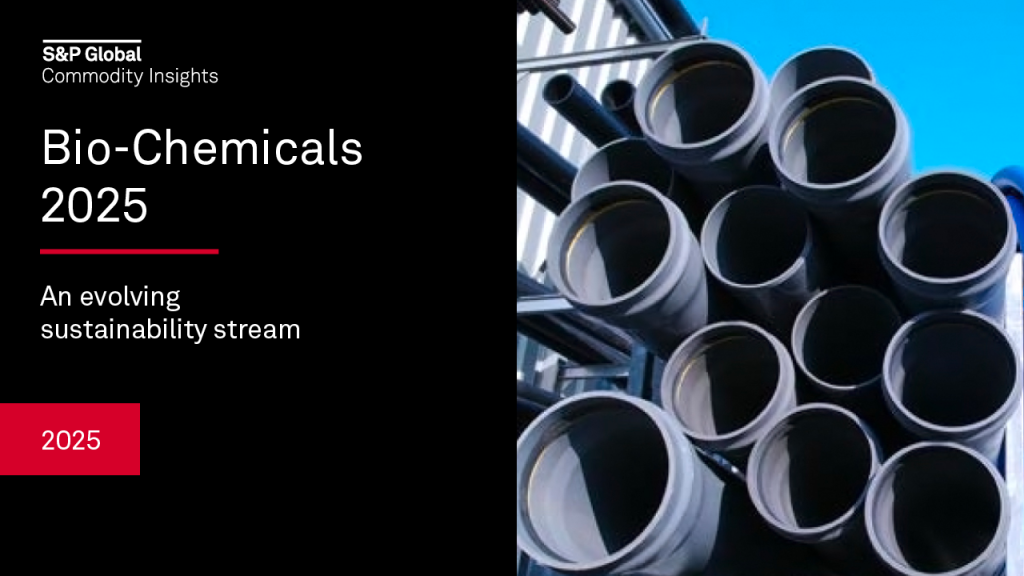DOE: ‘No decision has been made’ on defunding direct air capture projects
United Airlines Ventures and Microsoft are among the companies with deals to purchase credits from the Louisiana and Texas projects. Read More

Federal support for two flagship megaton direct air capture (DAC) hubs designed to generate millions of credits for carbon markets has been terminated, according to a leaked list of cancelled grants.
The Department of Energy, which awarded the grants, denied the awards have been rescinded and said no decision about the projects has been made.
The Louisiana- and Texas-based projects are among the highest-profile carbon removal projects underway in the U.S. and were expected to eventually receive more than $1 billion in government support. The Louisiana facility, known as Project Cypress, is designed to remove 1 million tons of carbon dioxide from the atmosphere annually by 2030. 1PointFive, the developer behind the Texas facility, pegged the project’s annual removal potential at 30 million tons.
Both facilities would dwarf the largest existing direct air capture projects, which remove and store at most tens of thousands of tons of CO2 annually.
“We’ve missed an opportunity here to take a leap forward in terms of scale,” said Erin Burns, executive director of Carbon180, a carbon removal think tank.
Credit consequences
The decision to terminate initial grants of around $50 million each to both projects was first reported by Heatmap and Semafor.
“It is incorrect to suggest those two projects have been terminated,” DOE Chief Spokesperson Ben Dietderich said in response to an inquiry from Trellis. “No determinations have been made other than what has been previously announced,” he added, referring to an announcement made last week about other climate projects that would be canceled.
Heirloom, a startup involved in the Louisiana project, said it had not been told its grant would be canceled and Climeworks, another partner in the Louisiana hub, described the reports as “rumors.”
The move would, however, be consistent with the position of the Trump administration, which has dismantled major chunks of existing federal support for climate action since taking office. Uncertainty around DOE funding had already led to layoffs at Heirloom and the stalling of progress on a federally funded $35 million carbon removal competition.
Withdrawal of support for the DAC hubs would have repercussions for the availability of durable carbon removal credits. Heirloom has signed deals to supply credits to United Airlines Ventures and Microsoft, for example. 1PointFive is also contracted to supply credits to Microsoft and recently inked an agreement with JP Morgan Chase — but in those cases the credits will be supplied by the company’s STRATOS facility, a separate Texas project that is expected to enter service this year.
Ceding leadership
Smaller projects such as STRATOS and Mammoth, a facility in Iceland operated by Climeworks, have been financed on the promise of future revenues from credit sales. This funding mechanism will continue to be used by project developers, noted Burns. But the end of federal funding for larger projects would mean “giving up U.S. leadership on direct air capture,” she added.
“The U.S. is really good at developing these technologies,” she said. “What we don’t always see is the benefit of actually building those technologies once they become commercial.”
“The U.S. is home to hundreds of carbon removal companies, but other countries are catching up fast,” said Giana Amador of the Carbon Removal Alliance and Ben Rubin of the Carbon Business Council, in a joint statement. “The U.S. DAC Hubs program, with $3.5 billion appropriated by Congress, was set to support the largest carbon removal facilities in the world and was intended to further establish American leadership in the sector. If funding for the [hubs] is cut, the door will be open for other countries to take up leadership of the industry, and claim the job creation and economic benefits of carbon removal.”

Subscribe to Trellis Briefing
Featured Reports

The Premier Event for Sustainable Business Leaders















